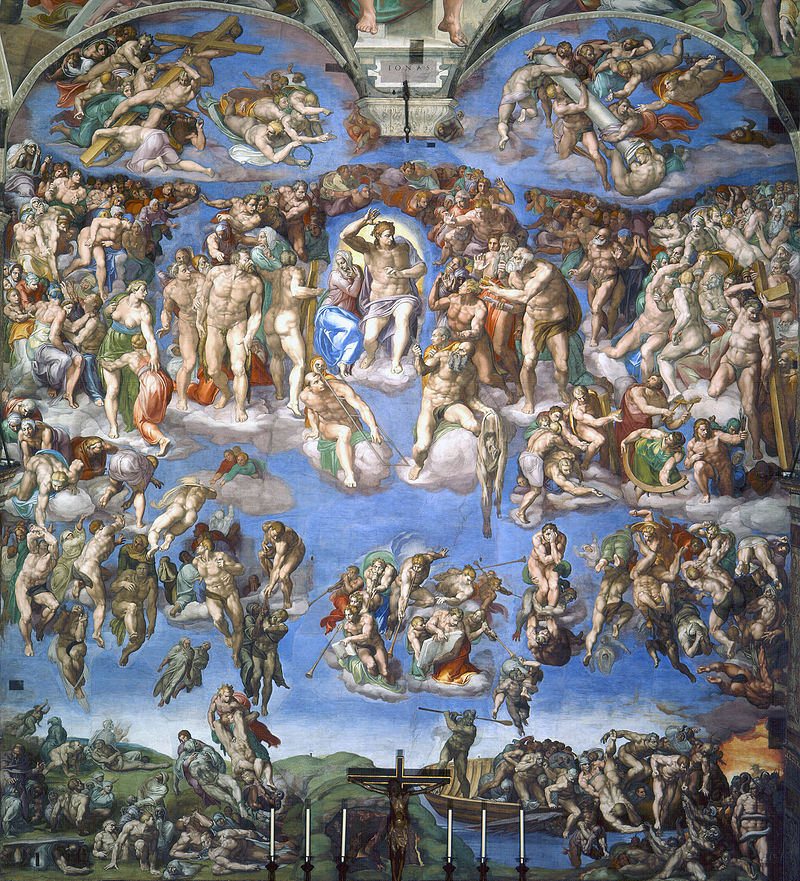
Reverend Dr. William Barber recently asked the question, “If you knew you had only forty-eight hours of breath left, what kind of world would you use that breath to fight for? What kind of world, what kind of nation?” It is the question we should all be asking ourselves everyday of our lives. However, many people will never ask it. They will breathe their last in the same stupor or, worse yet, sin in which they lived their lives.
They will care more about death walking through their locked door, instead of passing over it, than about the fact that while living they did not use their time or their lives well and did not treat others the way they ought to have, the way Jesus taught us. They will not have stopped to examine their lives or their conscience. Perhaps because if they had, they might not have liked what they found.
Forty-Eight Hours – As Carnegie Lay Dying
Approximately 100 years ago, as World War I, which had ravaged the world, was coming to an end, only to lead to the economic consequences of the peace and World War II, Andrew Carnegie, one of the richest men in the world, who had amassed a fortune by the cruelest possible treatment and exploitation of his fellow Americans, his workers, lay dying.
How did he choose to live his last hours? Standiford in his biography, Meet You in Hell, says that Carnegie sought reconciliation not with God but with someone possibly even more sinful than he, his once friend and partner turned foe and competitor, Henry Clay Frick. What was Frick’s response? Standiford writes, “‘Yes, you can tell Carnegie I’ll meet him,’ Frick said finally, wadding the letter and tossing it back at Bridge [Carnegie’s personal secretary]. ‘Tell him I’ll see him in Hell, where we both are going.’”
Redemption Cannot Be Bought
In his later years, Carnegie had decided to become a philanthropist. His foundations are numerous, as we all know since they bear his name, and his legacy, Standiford describes as follows: “To this day he is often credited with having established the precedent of corporate philanthropy; as one commentator observed, when Bill Gates makes a gift of some of his hard-earned millions, it is probably the ghost of Andrew Carnegie that guides his outstretched hand.”
I would hope not, for the Gates’s and for the world’s sake. Despite all his philanthropy, Carnegie did not seem to get it even at the end of his life. Perhaps motivated by guilt, fear or legacy, he was determined to remake his image from a brutal plutocrat to a benevolent philanthropist.
One of Jesus’s final acts before his crucifixion was the Last Supper, during which he washed his Apostles’ feet. It is one of the most emotional aspects of Jesus’s life for Christians around the world. It was a profound act of humility and love. I have witnessed many people cry during its reenactment.
By contrast, Carnegie’s final exchange reveals his preoccupation with the world. It hounded him until the end. What do others think of him? Well, he got his answer from Frick. Standiford says, “And all’s well since it is growing better and when I [Carnegie] go for a trial for the things done on earth, I think I’ll get a verdict of ‘not guilty’ through my efforts to make the earth a little better than I found it.”
If Carnegie thought he could buy forgiveness or redemption, Frick disabused him of this notion, and just to turn the sword, confirmed with pleasure that, indeed, Carnegie would end up in hell. Forgiveness is granted by victims and by God. Christians believe that salvation comes through faith and/or works, with their relative measure in debate. The simple and, likely, most honest understanding is that redemption and judgment are God’s purview, and it is best to just live according to the Way, love, trust and surrender to God.
The Last Judgment
I argued that annihilation is the greatest punishment. It is nothingness; it is to be without a soul. Some might have found this surprising. How could nothing be worse than eternal damnation? Well, if hell is an eternal, boiling cauldron of perversity, Frick seemed to relish the continuation of their earthly torments in hell, and better yet, perhaps he hoped that Carnegie, in his final days, would be tortured by yet resigned to this outcome.
This brings us back to the present. The coronavirus pandemic has laid bare many unfortunate truths. One of these is that many of our nation’s people and policies are callous, even cruel, particularly towards the poor and vulnerable. If Carnegie dreaded hell, as he seemed to indicate toward the end of his life, perhaps the larger question is: why did he choose to live a life on earth that he would find miserable in hell? The question for all of us is: if you have forty-eight hours or even forty-eight years to live, what and who are you breathing for?

